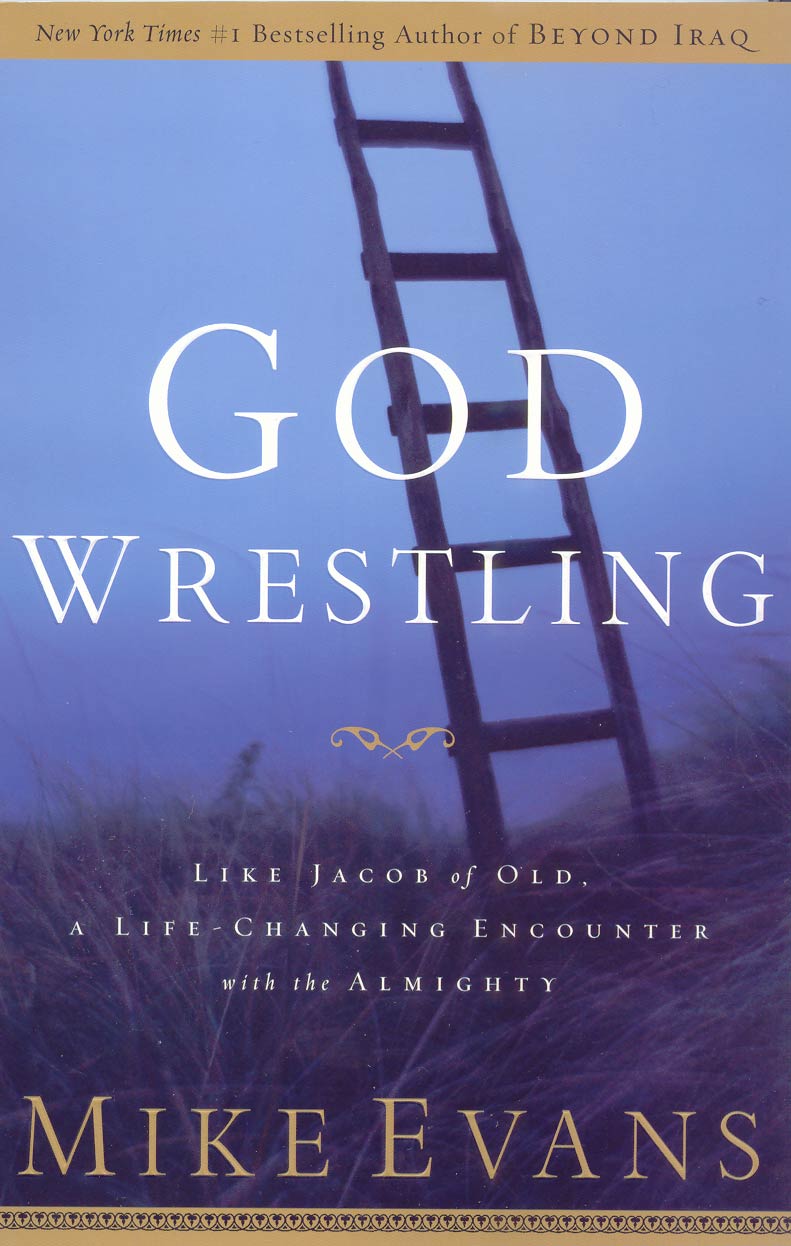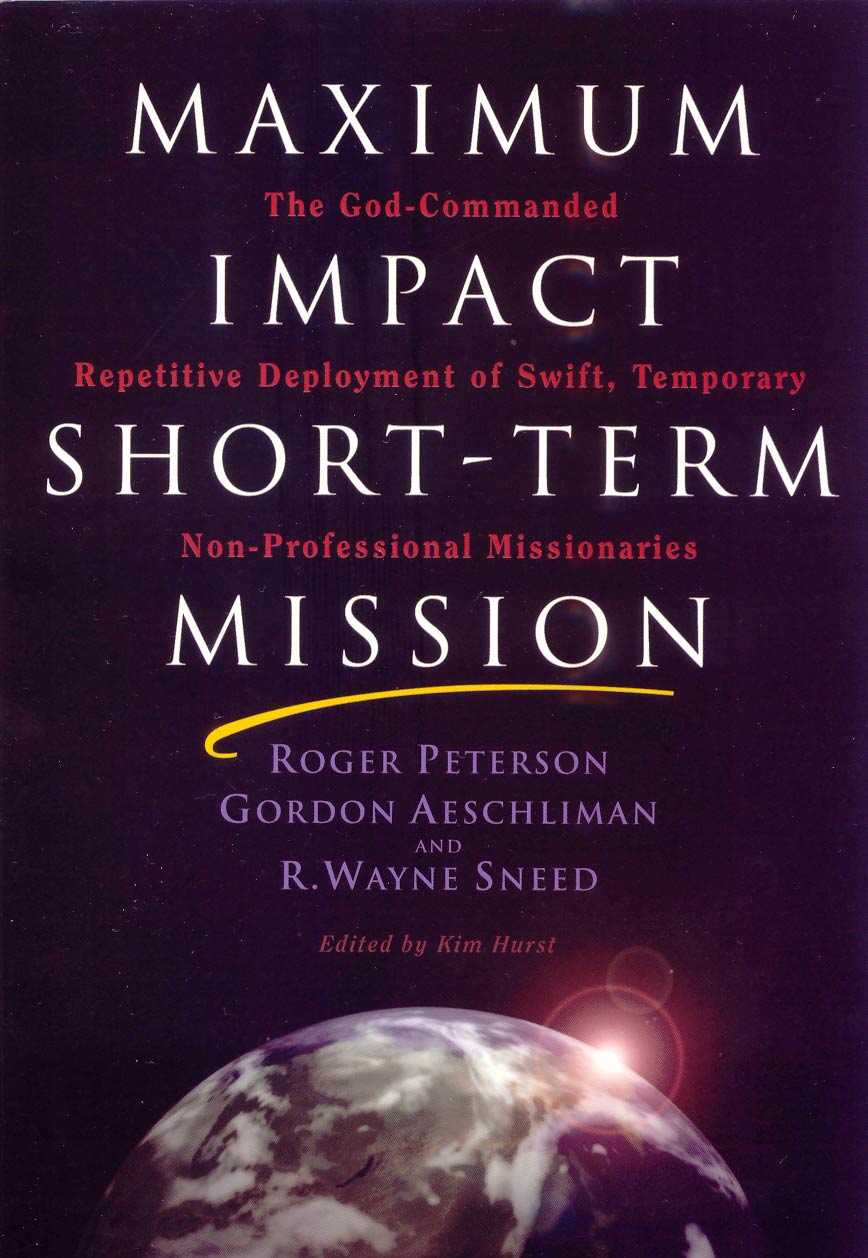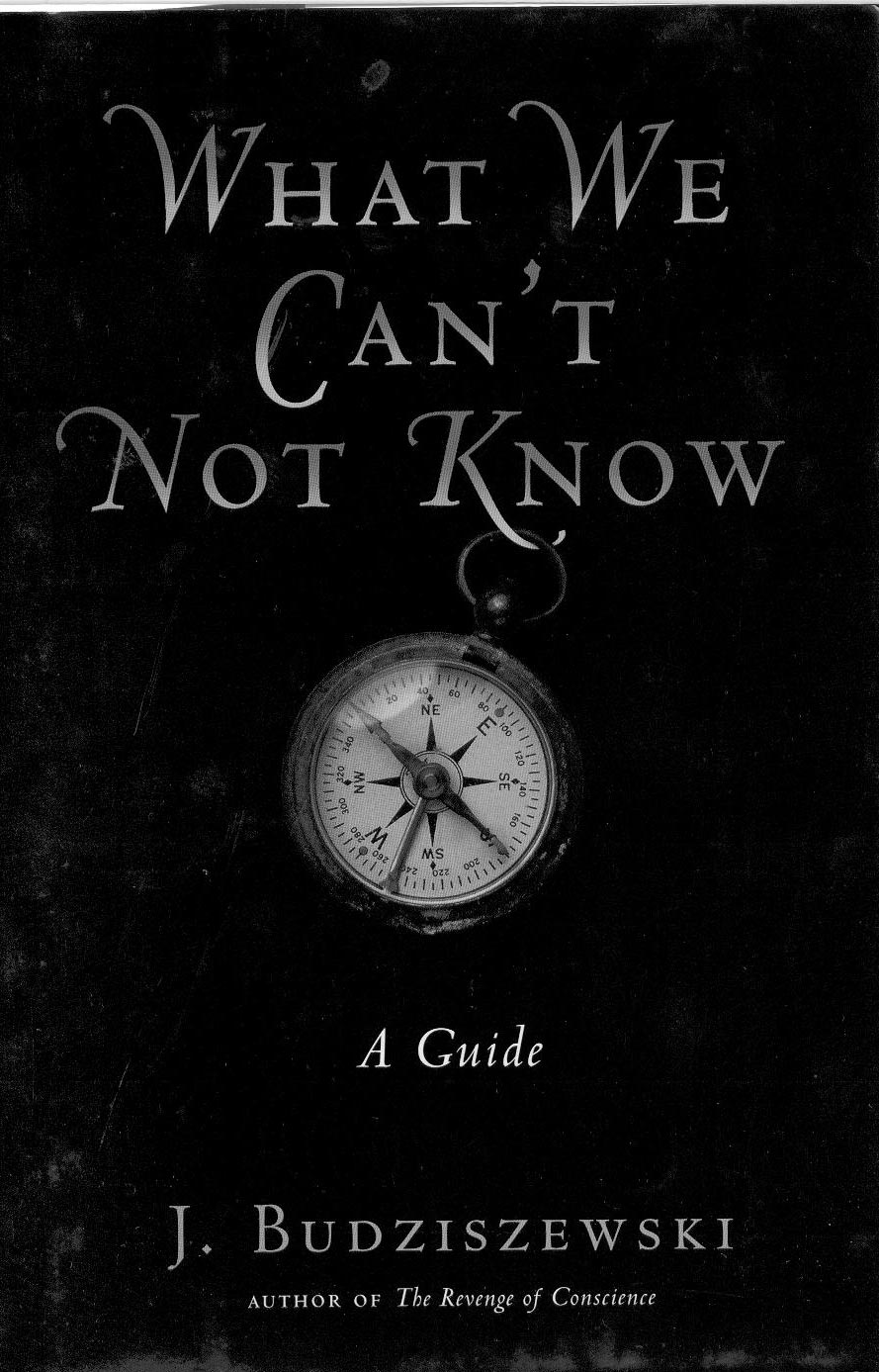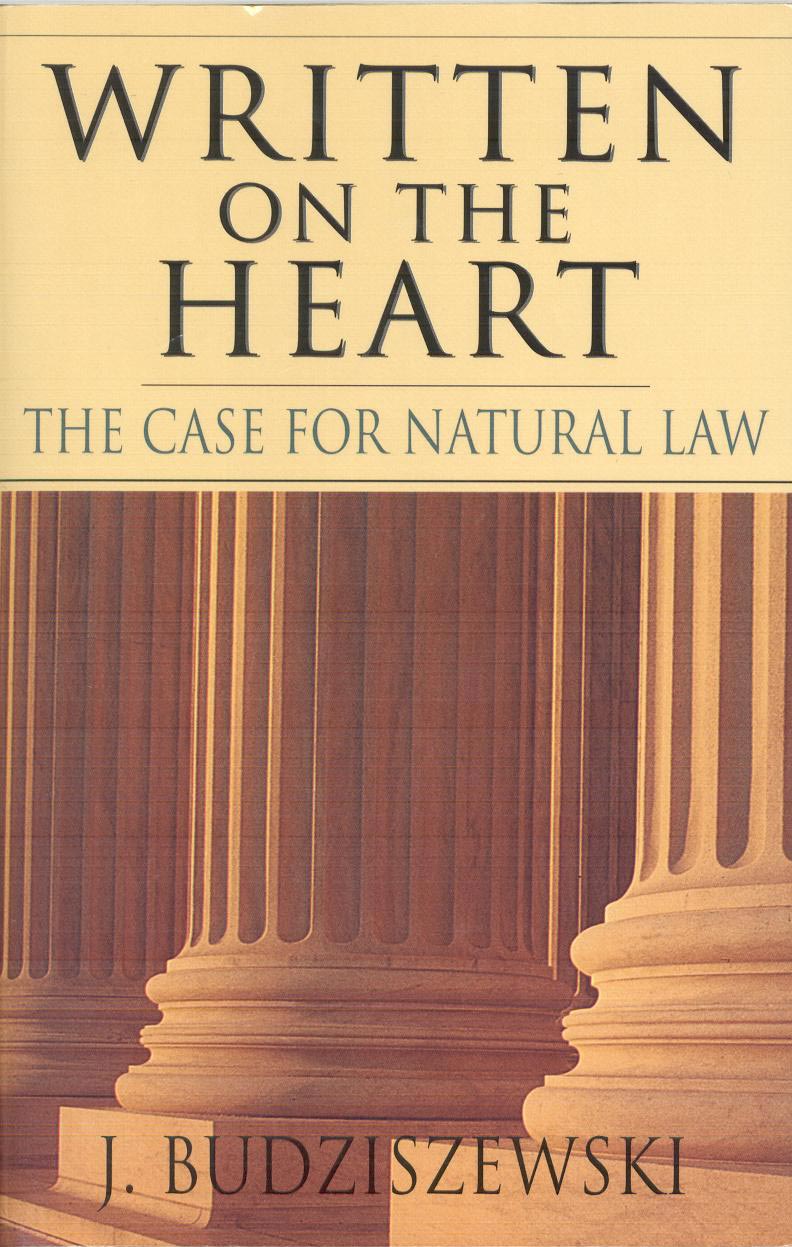AN APPEAL FOR SUPPORT
We invite you to support this ministry. Contributions in support of this Ministry are tax-deductible. Kindly send your support to
Bethany International
6820 Auto Club Road, Suite A
Bloomington, MN 55438.
Please write Thirumalai's Ministry in the memo column. Also, please buy your books using the AMAZON link given in every page. Even the smallest contribution will help in running this journal.
BOOKS FOR YOU TO READ
AND DOWNLOAD
- MARRIAGE -- Building Strong Lives and Strong Relationships Pastor Dave Strem with James Skeen
- HELP THE HURTING, SUPPORT THE LAME!
Lessons from Isaiah by Pastor Dave Strem, and James Skeen - WARNINGS FOR AMERICA
Lessons from Isaiah by Pastor Dave Strem with James Skeen - THE SPIRIT'S PASSION
A Book of Christ-centered Poems and Free Verse by Pastor Harold Brokke - THE LAW IS HOLY by Pastor Harold Brokke
- WORLD MISSIONS - A HISTORICAL PERSPECTIVE
by Tom Shetler - LIVE A VICTORIOUS LIFE IN THE SHADOW OF THE CROSS! : INTERCESSION, WARFARE, AND DELIVERANCE
by Pastor Ted Hegre. - MISSING PIECES: THE INCOMPLETE GOSPEL by LeRoy Dugan
- LUTHER'S PROTEST by M. S. Thirumalai
- TELL ME IT'S TRUE ...
A Book Of Poems by Stan Schmidt - SOMETHING IS GREATER THAN WONDERS...
A Book Of Poems & Free Verses by Pastor Harold Brokke - GEMS OF TRUTH by Stan Schmidt
- WHERE IN THE WORLD IS GOD? by Alec Brooks
- LIGHT OF THE WORLD, an Original Screenplay by W. G. Orr
BACK ISSUES
- NOVEMBER 2001
- DECEMBER 2001
- JANUARY 2002
- FEBRUARY 2002
- MARCH 2002
- APRIL 2002
- MAY 2002
- DECEMBER 2002
- JANUARY 2003
- FEBRUARY 2003
- MARCH 2003
- APRIL 2003
- MAY 2003
- JUNE 2003
- JULY 2003
- AUGUST 2003
- SEPTEMBER 2003
- OCTOBER 2003
- NOVEMBER 2003
- DECEMBER 2003
- JANUARY 2004
- FEBRUARY 2004
- MARCH 2004
- APRIL 2004
- MAY 2004
SEND YOUR ARTICLES FOR PUBLICATION IN Christian Literature and Living.
- E-mail your articles and book-length reports to thirumalai@bethfel.org or send it by regular mail to:
M. S. Thirumalai, Ph.D.
6820 Auto Club Road, Suite C
Bloomington, MN 55438 USA - Your articles and booklength reports should be written, preferably, following the MLA Stylesheet.
- The Editorial Board has the right to accept, reject, or suggest modifications to the articles submitted for publication, and to make suitable stylistic adjustments. High quality, academic integrity, ethics, and morals are expected from the authors and discussants.
Copyright © 2001
M. S. Thirumalai
"THE FOOL HAS SAID IN HIS HEART"
How to Build Our Trust in God in This Modern Babylon
Ryan J. Haase
THE INIQUITY OF MANKIND : THE BACKGROUND FOR PSALM 14
There is some controversy as to who the author of this Psalm is, and there is also some controversy as to what the occasion for the writing was. Though it is attributed to David, this may be improperly attributed due to the fact that it seems to be clearly talking about the Babylonian captivity. Taking this view, it seems that the iniquity the author mentions in this chapter refers specifically to the iniquity of the Babylonians, and from there going on to talk about the general iniquity of mankind.
This is the view I will assume to be correct in the writing of this paper, as it is the one that seems to be the most accurate. The author more than likely was in captivity along with the Israelites, and predicts the destruction of Babylon and his own return from exile. With this as background, I will break this Psalm down verse by verse, to the extent possible.
THE MEANING OF BEING A FOOL
Psalm 14 is a Psalm well known for its first verse: "The fool has said in his heart, 'There is no God.'" (NASB) I think that the translation into English has lost some of its message. When I think of the word "fool" I tend to think of the word "idiot." However, this is not the sense that we see it used in the Hebrew. The Hebrew word nabal, which is translated "fool" in most translations, would probably be better translated as an "empty person." This is what the word literally means, which goes along with the saying "there is no God", since being empty, he is devoid of God.
NOT JUST ATHEISTS
Another misattribution we tend to make in this verse is that he is talking about atheists here. He is talking about atheism, but not necessarily in the way we understand atheism, that is, the belief that God does not exist. It seems he is referring to a heart attitude here. Matthew Henry puts it this way: "there is something of practical atheism at the bottom of all sin." (Matthew Henry) To explain this, we need to understand what practical atheism is. According to Adam Clarke, there are three different kinds of atheists:- those who deny the being of God,
- those who acknowledge Him, but give Him no room to govern, and
- then there are those who, "while they profess to acknowledge both, deny them in their heart, and live as if they were persuaded there was no God either to punish or reward." (Clarke)
This is what practical atheism is: to say outwardly that there is a God, but to live as if there was no God. He says there is no God in his heart, and eventually this will quiet his conscious to the point where he doesn't feel guilt anymore. "No man will say, 'There is no God' till he is so hardened in sin that it has become his interest that there should be none to call him to an account." (Matthew Henry)
EMPTY PEOPLE GOING AWAY FROM GOD : GOD IS LOOKING
The first verse goes on to describe the actions of these "fools," or "empty people." Their deeds are abominable, corrupt, and there is no one who does good. This is reminiscent of the days of Noah, where nobody did what was right in the Lord's eyes. Sin is an abomination in God's eyes. We can take this to mean that practical atheism is an abomination to God also. That is to say, to say that you love the Lord, but to act in a different way (to deny him in deed) would be an abomination to God.
The author goes on to describe the Lord has looking down from heaven, searching for seekers, searching for people who would be seeking after God, searching for those who would understand God, but he found no one.
This is once more reminiscent of the days of Noah, where God found no righteous men on the face of the earth with the exception of Noah. He found nothing good, nobody that did any good, and "whatever good is in any of the children of men, or is done by them, it is not of themselves; it's God's work in them." (Matthew Henry)
MILK GONE BAD!
This going astray by mankind in general is graphically described in the third verse in saying that all together have become filthy, corrupt, evil, rotten to the core, to name some of the ways the word neelachu is translated into English. This Hebrew word refers to something that is rancid or sour, and is specifically a metaphor referring to milk that has gone bad. Such fermented milk is completely worthless for consumption, and this is the picture that is given of those who have gone astray.
NOT TO FEAR THEM, THEY'RE BREAD TO US!
In the next verse (v.4), the workers of iniquity, the evildoers, are questioned. Do they have no knowledge? Do they ever learn? In other words, do they not realize the incredible fallen state they are in? They live on their own steam, without depending on the Lord. Immediately following this statement, these people are described as "those who devour my people as men eat bread." (NIV)
This statement can be understood better in light of Numbers 14:9, where Joshua uses this expression in speaking of the Canaanites. He told Caleb not to fear the people of the land, "for they are bread to us." Essentially, what this means is that you can destroy them because they are powerless against you. I believe he is referring here to the Babylonians who are holding God's people in captivity. The Israelites were powerless against them, and they were devouring them. Not only that, but they didn't call on the Lord, referring to a dependence on their own strength instead of on God.
These nations (could be referring to the Canaanites, but in reference to Babylon) were in great fear, because God was among the righteous. Here he is referring to that which happened to the Canaanites, and alluding to the fact that the destruction which fell upon the Canaanites would also fall upon Babylon.
In Psalm 53, a psalm parallel to this one, the psalmist adds that they were struck with fear "where no fear was." They were afraid because they saw God in the midst of the Israelites, they knew that God was with them. Humanly they weren't threatened, but they were overwhelmed with fear because they recognized the power of God. Psalm 53 adds a verse to this psalm which paints a better picture of what is being talked about. "God scattered the bones of those who attacked you, you put them to shame, for God despised them."
This seems to be referring to judgment on those people who had attacked Israel, making reference to bodies scattered on a battlefield after defeat. The Canaanites were put to shame because God despised them, in the same way that they had despised God. Remembering that this was written also against Babylon, the psalmist shows by this allusion that "a destruction similar to that which fell upon them (Canaan) should fall upon the Babylonians." (Clarke)
FOR THE BELIEVERS, CONFIDENCE IN THE DELIVERANCE OF THE LORD
In 14:6, the "evildoers" are said to have frustrated the plans of the poor, or to have shamed the counsel of the poor. However, the Lord is their refuge, and he will protect them. It seems that what is being written about is the confidence which these people have in the deliverance of the Lord. The Israelites had confidence that God would deliver them from captivity, and this confidence was ridiculed by the Babylonians. They ridiculed them because they were ignorant of the fact that God is "present in the company of the righteous."(14:5 - NIV)HE BRINGS US BACK!
The final verse of this psalm can be understood two ways. First, and most likely, it would be referring to the deliverance of Israel from captivity, and this can be understood from the phrase "when the Lord restores the fortunes of his people." (NIV) Young's Literal Translation emphasizes this more in translating "when Jehovah doth turn back to a captivity of his people" and the New Century Version also refers to this in translating "May the Lord bring them back." It seems therefore, that this verse is a promise to Israel that they would be restored from captivity.
Another way this verse can be understood, and many of the early church fathers interpreted it like this, is that it would be referring to salvation of the human race by the sacrifice of Jesus. "Oh, that salvation for Israel would come out of Zion." (NIV) This is in reference to Mount Zion, or what is currently known as the Temple Mount, which is why many believe it refers to the coming of the Messiah.
I see the possibility of both of these interpretations, but I would tend to lean more towards the idea that he is talking about the restoration of Israel and their deliverance from captivity. Being that there is the possibility that the psalmist could be referring to the coming of Christ, it would follow that the deliverance promised could also be talking about a spiritual deliverance, and in that case, maybe it is open to both interpretations.
THE COMPLAINT ENDS WITH A NOTE OF HOPE
In reference to the Psalm as a whole, though there are different opinions as to what exactly is the occasion for the psalm and what it is referring to, I do believe, based on what I see in the psalm itself, that it is talking about the captivity in Babylon. I see it as being a complaint of the captives, which is why I don't particularly believe it was written by David, even though that is who it is most commonly attributed to. Assuming this is true, then it follows that the complaint, or lament, ends with a note of hope, a prophecy predicting deliverance from captivity and restoration to their homeland.REPRESENTS THE THINKING PATTERN OF MODERN DAY WORLD
In conclusion, now that I have given a verse by verse layout of this psalm, it would be important to look back and see what was learned from it. In my opinion, this psalm gives a perfect description of practical atheism.
I mentioned at the beginning that there are three types of atheism, and this psalm is talking about the actions of those who don't profess to be atheists, but live as if they were. They are practical atheists.
In essence, it outlines the thinking pattern of those who live on their own steam, without relying on God. I would like to make a note that even Christians are capable of practical atheism, and this makes this psalm even more relevant to us. The practical atheist says in his heart that there is no God. He doesn't say it openly, but in the way he acts, this is what he is saying. He lives as if there is no God. They do not call on the Lord because, though they might openly profess a faith in God, or a god, in their heart they believe that they don't need him. They believe that they can live without God's help. This is demonstrated by their actions.
LET'S APPLY THE TEACHING TO OUR LIVES
How can we apply this to our lives? I believe that this is how much of the church in America lives like: in practical atheism. We preach God from the pulpit, but when we go home we leave our spirituality at the pulpit. We live during the week as if God didn't exist, then put on our spiritual masks and go to church again the following week. This is practical atheism, and it is lived out quite frequently in the church today. Through this psalm we can get a feel for what God feels about this, and we can examine ourselves and see if this is relevant for our personal lives.
Let's remember that God is present in the company of the righteous, and this means that God is present at church and at home. We need to start living in that reality. I realize that this isn't exactly what this psalm is about, since it is in reference to the Babylonian captivity, but this is something I got out of it in terms of practical application for myself.
WORKS CITED
Clarke, Adam. Adam Clarke's Commentary on the Old Testament. Electronic Edition. STEP Files. Parson's Technology, Inc. Cedar Rapids, Iowa, 1999
Henry, Matthew. Matthew Henry's Commentary on the Old Testament. Electronic Edition STEP Files. Findex.com, Inc. Omaha, Nebraska, 2000
OTHER SOURCES
Keil, C.F. & Delitzch, F. Electronic Edition. STEP Files. Parsons Church Group. Omaha, Nebraska, 2000
CLICK HERE FOR PRINTER-FRIENDLY VERSION
MARRIAGE - Building Strong Lives and Strong Relationships | THE GREATEST THING -- Learning To be A Servant! | A TIME TO LIVE! -- Abundant Life in the Present Tense!! | "THE FOOL HAS SAID IN HIS HEART" -- How to Build Our Trust in God in This Modern Babylon |THE AUTHORITY OF PRAYER | THE PASSION FOR CHRIST -- God's Love for His Son | WHAT DID THE AUTHOR REALLY INTEND? PROBLEMS OF RETRIEVING ORIGINAL MEANING -- Translating Biblical Hebrew | HOME PAGE | CONTACT EDITOR
Ryan J. Haase
E-mail: C/o. Christian Literature & Living
Send your articles
as an attachment
to your e-mail to
thirumalai@bethfel.org.









